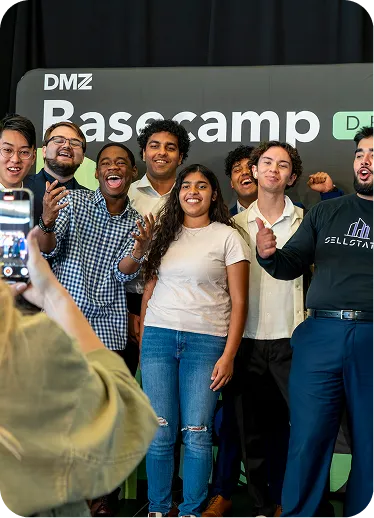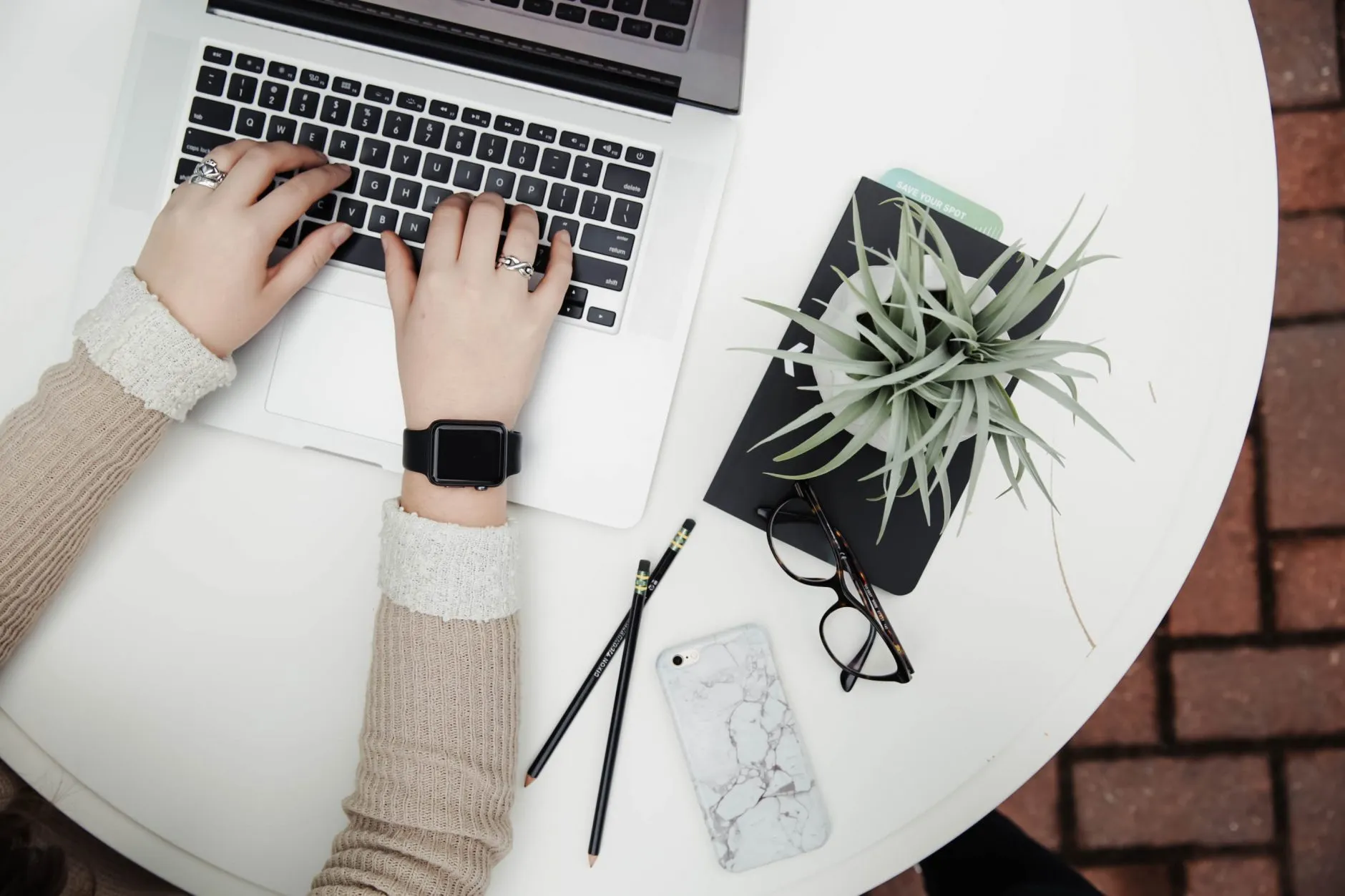It's all too easy to get distracted or lose focus, especially when you're an entrepreneur and juggling day-to-day responsibilities, client requests and company obligations. Here are some of the best tips for tech entrepreneurs, backed by science, to help you get more done with what little time you have.
Take a break every 90 minutes.
Having a hard time staying focused? A few mid-day breaks sprinkled throughout the day might actually help. While it may seem counterintuitive to step away from your desk when you're in the middle of a big project a 2011 study from the University of Illinois found it may be the best thing you can do for yourself and your coworkers. So called 'mental interruptions' throughout the day can not only help startup employees who spend most of their days at a desk avoid burnout and also boost long-term productivity. Next time you're feeling exhausted instead of that extra shot of espresso just take a simple 15-minute break instead and you'll be surprised by how much you'll get done.
Divvy up large tasks into smaller tasks.
You know that satisfying feeling you get when you finally cross something off your to-do list? Well, you'll be able to do more of that and actually see better results if you make sure to follow this golden rule.In 2014 American psychologists from Pennsylvania University discovered that cutting up huge projects into bite-sized tasks helps large teams finish their work faster and as a result rewards our brain's pleasure centre, which in return pushes employees to do better work throughout the day. An added bonus: Completing smaller tasks also provides an easy way for team members to feel like they're making progress and achieving a notable goal.
Skip the multitasking.
The ability to multitask is often viewed as a desirable trait that most entrepreneurs take great pride in. However, what most don't know is that working on more than one task at a time actually lowers overall work quality since brains aren't designed for "heavy-duty" multitasking over an extended amount of time.Noted psychologist Robert Rogers found that on average it took individuals twice as long to complete tasks to a satisfactory level when multitasking compared to when they focused on one task at a time. For entrepreneurs living in today's techy world where time often equates to cold, hard cash this can be the deciding factor between what makes or breaks a company. Rogers suggests entrepreneurs instead assign time limits for certain tasks so they can concentrate on completing projects to the best of their ability whenever possible.
Turn off pop-up notifications.
There's nothing more distracting than battling a series of non-stop notifications when at work. Whether it's email pop ups, Slack messages or IM pings, these types of digital interruptions can easily disrupt and distract even the most dedicated workers.A study from Florida State University suggests that notification and text messages can be just as distracting than phone calls for workers and those around them. One of the easiest things to do is to simply turn on 'Do Not Disturb' features during working hours or assign a member of your team to handle these types of on-the-go requests.
Skip email and converse in person.
The amount of time wasted on email threads can be infuriating. Sometimes it can take minutes (if not hours) for workers and colleagues to respond to simple questions, which wastes time and often impedes other important tasks.One practical way to avoid this is to prioritize conversing in person or over the phone about important issues. A story published in the Harvard Business Review found that emails often resulted in more wasted time than phone calls or emails. Next time you have an important question about a sale or client, try getting up and visiting your colleague at his or her desk or picking up the phone instead of emailing them.


.webp)




